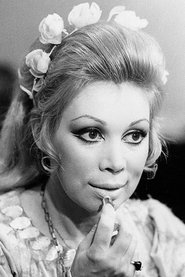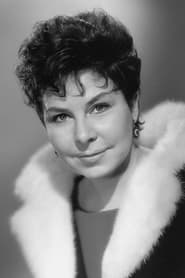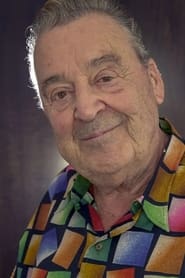

Madama Butterfly(1974)
Karajan magnificent in unique treatment of familiar tragedy
Mirella Freni, Placido Domingo, Christa Ludwig, and Robert Kerns star in this Jean-Pierre Ponnelle-directed version of the Puccini opera, with Herbert von Karajan conducting the Vienna Philharmonic. Madama Butterfly is a staple of the standard operatic repertoire for companies around the world, ranking 7th in the Operabase list of the most-performed operas worldwide.

Movie: Madama Butterfly
Top 9 Billed Cast
Sharpless
Bonze
Comisario imperial
Kate Pinkerton
Video Trailer Madama Butterfly
Recommendations Movies
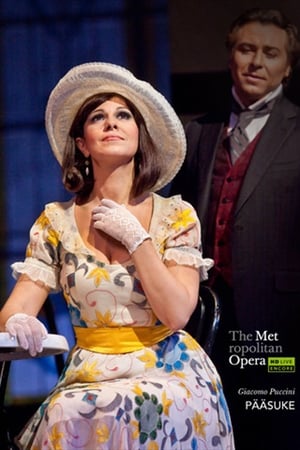 8.0
8.0The Metropolitan Opera: Puccini's La Rondine(it)
This elegant romance is the least-known work of the mature Giacomo Puccini . The story concerns a kept woman who defies convention to chase a dream of romantic love with an earnest, if naïve, young man. This Met Opera production features the dynamic soprano Angela Gheorghiu and Frenchborn tenor Roberto Alagna performing the roles of Magda and Ruggero, it blooms into its rightful place in the glorious Puccini canon. La Rondine (The Swallow) was commissioned by Vienna s Carltheater in 1913. Due to the impending outbreak of World War I, premiered in 1917, at the Opéra de Monte-Carlo with Gilda Dalla Rizza and Tito Schipa. Set in a Parisian salon, it is the story of Magda, the glamorous mistress of wealthy banker Rambaldo. Her yearning for romantic love compels her into the arms of the ardent and adoring young Ruggero.
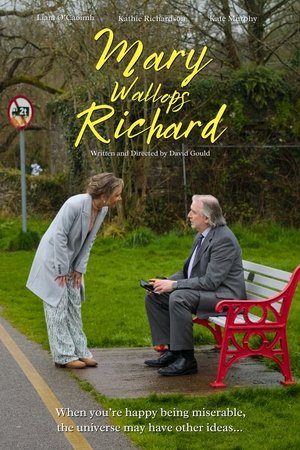 10.0
10.0Mary Wallops Richard(en)
When Richard, a stuck up solicitor, meets Mary, his life is turned upside down.
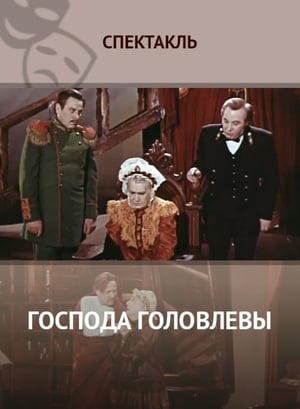 6.0
6.0Messrs. Golovlevs(ru)
Teleplay based on the novel of the same name by M.E. Saltykov-Shchedrin, staged at the USSR State Academic Maly Theater.
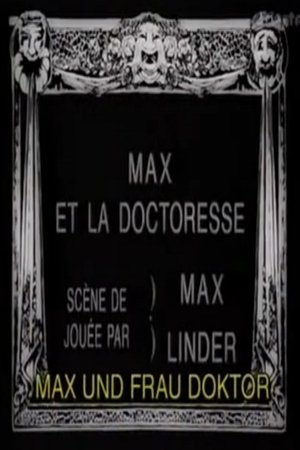 5.8
5.8Max and the Lady Doctor(fr)
Max visits a lady doctor for a chest cold and is alternately anxious and nervous and excited, in a romantic and sexual way, depicted by his clever pantomime.
 5.0
5.0Third Law: N Kedzie Blvd.(en)
The third of a four-part series. The third law of thermodynamics describes the parallel decline of temperature and entropy within a closed system—both continuous processes approaching an impossible limit. With open windows, seasons change in a home as memory persists. Death is a snowstorm in summer.
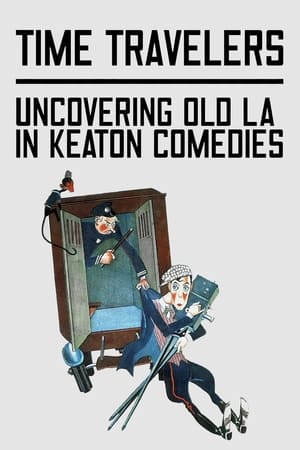 8.0
8.0Time Travelers: Uncovering Old LA in Keaton Comedies(en)
Time Travelers, a new documentary by Daniel Raim featuring interviews with John Bengtson and film historian Marc Wanamaker, reveals newly discovered connections between Buster Keaton’s MGM debut and the earliest films of his career.
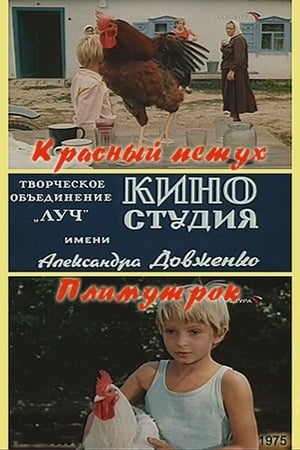 5.0
5.0Red Rooster Plymouth Rock(ru)
Valka is a young boy whose dream is to get a red Plymouth Rock breed rooster and teach him to dance.
HGTV: My House Goes Disney(en)
TV Special converting a Disney fan's house into their dream home.
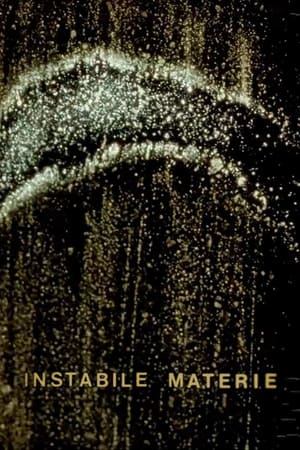 6.0
6.0Unstable Materials(de)
This film is made by some beautiful and unique alchemical transformations of the film material itself. It is a visual expedition into the world of matter, which shows the bizarre richness of the smallest particles floating in the film emulsion. The crystals' constantly changing structures, enriched by the textures, bring about an almost tactile experience, a visual expression of its own base matter.(Jürgen Reble)
 10.0
10.0Cedric & Alysia(en)
Following his return to a homeland ravaged by war, Cedric Vale offers his services as Knight-Protector to the Baron of Pres, only to learn shortly after that the Baron has married the woman he loves, Lady Alysia.
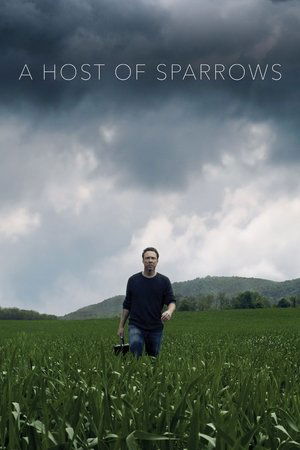 6.0
6.0A Host of Sparrows(en)
An ex-con's plans to retire to Florida with a fortune in stolen money are waylaid after his former boss coaxes him to a remote bed and breakfast to protect the daughter he has never met. A storm traps him and 6 others at a B and B, events turn deadly. These seven seeming strangers discover that their lives are all connected by a tragic murder, from eleven years earlier.
![The Ritual [Propaganda Videozine: Volume 3]](https://image.tmdb.org/t/p/w300/nRy58kfGtIgvhpNmtdki7iTlkfM.jpg) 6.0
6.0The Ritual [Propaganda Videozine: Volume 3](en)
Poor, beautiful Antinous, sacrificed so that his beloved Caesar might declare him a god, but the fate of his cult and his imperial admirer was one of ruin and despair. And what of the proud Diana and Hebe, champions of womankind, sworn to avenge the suffering of Mother Earth at the hands of a violent Sun. For as the god fell from the sky, the lovers were engulfed in the flames of his anguish. Yet, the willfulness of the pagan ceased not, for woe alsoe befell the black Adepts of swastika mysticism, who in their desire to purify the world in fire and blood were cast headlong into the eternal Abyss. Such is the course and consequences of THE RITUAL. Following this pignant and sensual mythos are music videos by the Gothic groups THIS ASCENSION, ROSETTA STONE, DEEP SIX, HUMAN DRAMA AND TRIO NOCTURNA. It is by their pale ghostly light that the darkest corridors of human thought and experience are explored and made known in sound and vision.
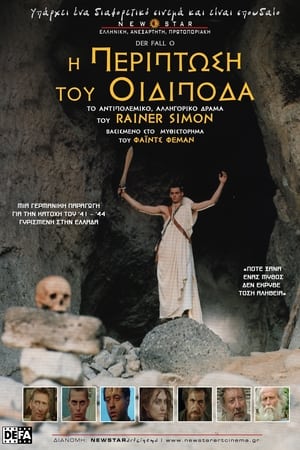 7.3
7.3Der Fall Ö.(de)
During the Greek summer in the war year of 1944, a German military unit sets up camp on the plateau of Thebes. Armed with a 16 mm camera, the captain of the unit, a former professor for classical Greek philology, comes up with the idea to film the myth of Oedipus.
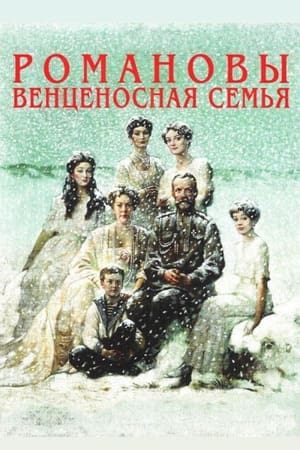 4.7
4.7The Romanovs: A Crowned Family(ru)
The story of the last year and a half of Tsar Nicholas II and his family from the February Revolution of 1917 to their execution in July 1918.
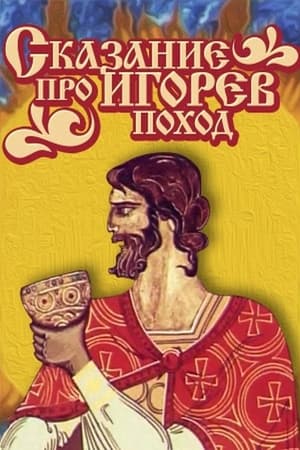 7.0
7.0The Tale of Ihor's Campaign(ru)
Prince Ihor is going to confront the enemy army from the Polovtsian Land. The solar eclipse foreshadows the fateful finale of the battle... Epic in content and stylized as Byzantine icons in form, the animation is inspired by Kyiv myths and the masterpiece of ancient Ukrainian lyrics "The Tale of Ihor's Campaign". The film won a special jury prize at the Nyon (Switzerland) festival.
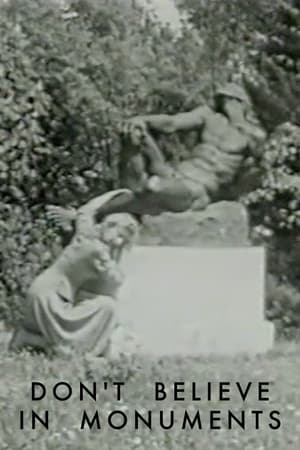 7.5
7.5Don't Believe in Monuments(sh)
A young woman tries to make love to a park statue, but despite her passionate efforts, the monument remains cold and heartless. Don’t Believe in Monuments is an early short, where Makavejev subtly ridicules Yugoslav state-sponsored monument and history worship.
Similar Movies
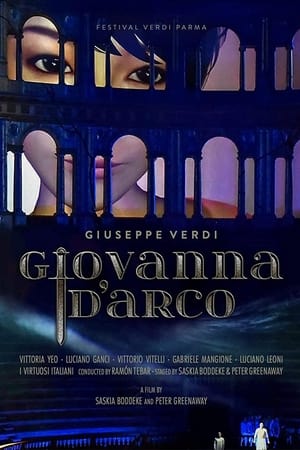 0.0
0.0Giovanna D'Arco(en)
With more than 50 years of experience as film director, Peter Greenaway (Nightwatching, Eisenstein in Guanajuato) combines the worlds of film and opera at the Verdi Festival in Parma, demonstrating what magic those two can do together with an all new approach to Giuseppe Verdi's Giovanna d'Arco, staged and edited by himself and his wife, Saskia Boddeke. The opera's libretto is based on Friedrich Schiller's 'The Maid of Orleans'. It tells the story of the French national hero Jeanne d'Arc, who defends her country against the English troops during the Hundred Years' War. Constantly torn between her humble roots, her love for King Charles VII and her heavenly task to fight for France, she gains eternal glory by giving her life in the final, victorious battle against England.
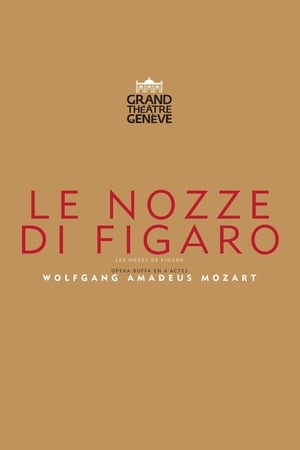 0.0
0.0The Marriage Of Figaro - Grand Théâtre de Genève(it)
The production bears the imprint of the conductor, Marko Letonja, and the director, Tobias Richter, whose understanding is ideal: both breathe a troupe spirit - specific to comedy - into this heterogeneous cast, which brings together young and old. Both give as much importance to recitatives as to arias and ensembles.
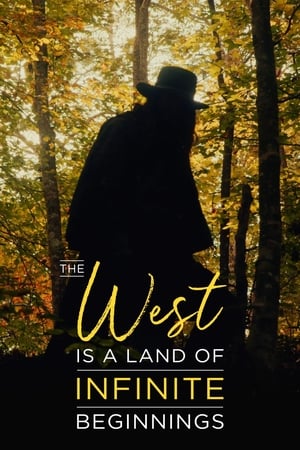 0.0
0.0The West is a Land of Infinite Beginnings(en)
Alone in the woods, a young man is pursued by a horrifying specter and by visions of his deceased sisters. A meditation on the precarious uncertainty of the American Dream and the role that uncontrollable forces play in our lives, The West is a Land of Infinite Beginnings is inspired by a harrowing scene from the opera Proving Up, by composer Missy Mazzoli and librettist Royce Vavrek.
 7.0
7.0Cavalleria rusticana(it)
Franco Zeffirelli directs these two legendary La Scala productions telling tragic tales of jealousy. Mascagni's Cavalleria Rusticana features performances by Elena Obraztsova, Plácido Domingo, and Renato Bruson. Leoncavallo's I Pagliacci stars Teresa Stratas, Plácido Domingo, and Juan Pons. Both are conducted by George Pretre. This production of Pagliacci earned director Franco Zeffirelli the coveted Emmy as Best Director in the category of Classical Music Programming.
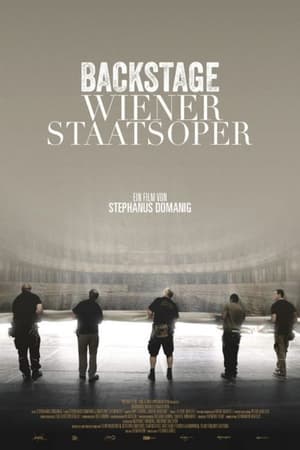 0.0
0.0Backstage Vienna State Opera(de)
This film takes us behind the scenes of the magical events of the world famous Vienna State Opera. These one-of-a-kind scenes and fast-paced, brilliant moments are intense, vivid, full of passion and captivating music.
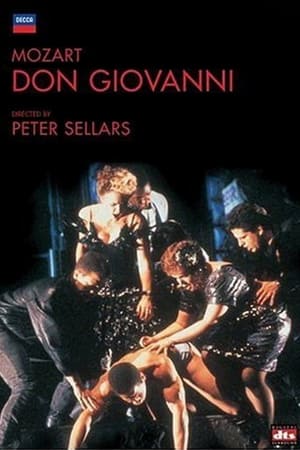 7.0
7.0Don Giovanni(it)
This production was originally staged for the Pepsico Summerfare Festival, The International Performing Arts Festival of the State University of New York at Purchase. Leaving the lyrics in their original Italian, acclaimed American director Peter Sellars transports Wolfgang Amadeus Mozart's "Don Giovanni" to a modern-day metropolis, nestling the opera's beloved characters among the brownstones of New York City's Harlem. Sellars's contemporary retelling of a classic musical tale is one of three performances in a Mozart series that also includes "Le Nozze di Figaro" and "'Così Fan Tutte."
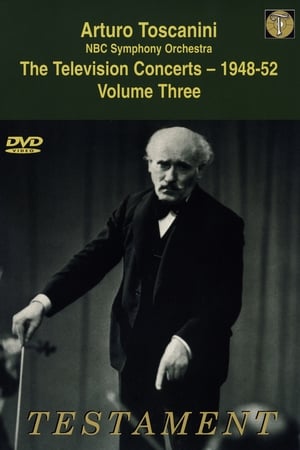 0.0
0.0Toscanini: The Television Concerts, Vol. 5: Verdi: Aida(en)
The historic Toscanini television concerts with the NBC Symphony Orchestra. This concert, broadcast in two parts, on 26 March and 2 April 1949, from NBC Studio 8H, features the opera "Aida" by Giuseppe Verdi. (Both broadcasts were released as "Vol. 3" in the DVD series.)
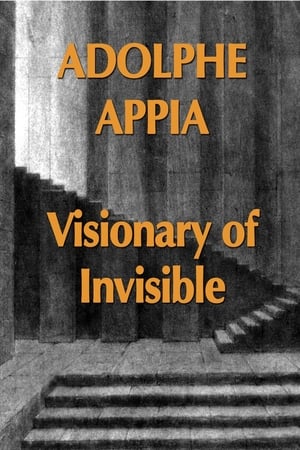 0.0
0.0Adolphe Appia Visionary of Invisible(fr)
The life and work of stage designer ADOLPHE APPIA, originator of the most profound agitations in contemporary theatre. Through the dynamic alternation of animated drawings and choreographies specially conceived for the film, we discover the steps of his artistic evolution.
 5.5
5.5Puccini: Turandot(it)
Franco Zeffirelli's magnificient staging of Puccini's final opera - a fairy tale set in a mythical China - is one of the most popular in the Met repertory. In this Live in HD production, Maria Guleghina takes on the title role and Marcello Giordani is Calaf, the unknown prince. Marina Poplavskaya and Samuel Ramey co-star, and Andris Nelsons conducts in his Met debut.
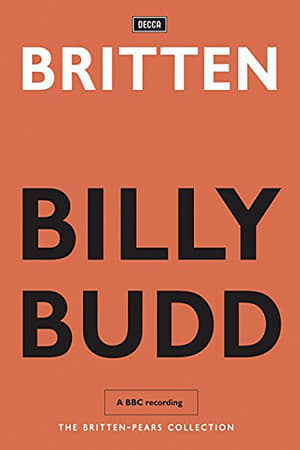 0.0
0.0Billy Budd(en)
A version of Benjamin Britten's opera based on the Melville story. Will the virtuous young sailor Billy Budd be hanged for murder?
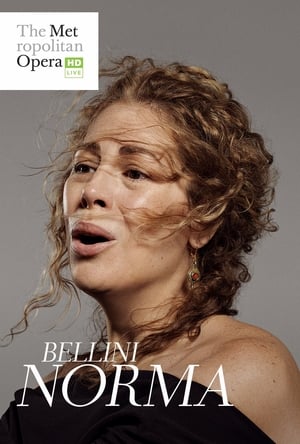 0.0
0.0The Metropolitan Opera: Norma(it)
Deep in a forest where druids and warriors seek revenge against the conquering Romans, Norma is scorned by the Roman proconsul Pollione, with whom she has two children. Her kindness turns to fury when she discovers that Pollione has taken Adalgisa, a novice priestess, as his new lover. When Pollione loses his high rank in the army and is offered as a sacrifice, Norma promises him freedom under one condition.
 7.7
7.7The Metropolitan Opera: The Exterminating Angel(en)
After the acclaimed Met premiere of Thomas Adès's "The Tempest" in 2012, the composer returned with another masterpiece, this time inspired by filmmaker Luis Buñuel's seminal surrealist classic "El Ángel Exterminador", during the 2017–18 season. As the opera opens, a group of elegant socialites gather for a lavish dinner party, but when it is time to leave for the night, no one is able to escape. Soon, their behavior becomes increasingly erratic and savage. The large ensemble cast tackles both the vocal and dramatic demands of Adès's opera with one riveting performance after another. Tom Cairns, who also penned the work's libretto, directs an engrossing and inventive production, using a towering wooden archway to trap the characters onstage. And Adès himself takes the podium to conduct the frenzied score, which features a host of unconventional instruments, including the eerie electronic ondes Martenot.
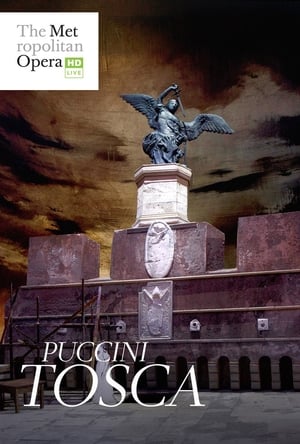 8.0
8.0The Metropolitan Opera: Tosca(it)
Sir David McVicar’s bold new staging of Tosca, Puccini’s operatic thriller of Napoleonic Rome, thrilled Met audiences when it rang in the New Year in 2018. Only weeks later, the production was seen by opera lovers worldwide as part of the Met’s Live in HD series of cinema presentations. In this performance, Bulgarian soprano Sonya Yoncheva is the passionate title diva, opposite charismatic tenor Vittorio Grigolo as her lover, the idealistic painter Mario Cavaradossi. Baritone Željko Lučić is the menacing Baron Scarpia, the evil chief of police who employs brutal tactics to ensnare both criminals and sexual conquests. On the podium, Emmanuel Villaume conducts the electrifying score, which features some of Puccini’s most memorable melodies.
 0.0
0.0The Ghosts of Versailles(en)
What happened to Figaro and his friends after the events told in Rossini’s and Mozart’s operas? One possible sequel is told in John Corigliano’s “grand opera buffa” The Ghosts of Versailles—an uproariously funny and deeply moving work inspired by Beaumarchais’s third Figaro play, La Mère Coupable, and commissioned by the Met to celebrate its 100th anniversary. This telecast captures its world premiere run, conducted by James Levine. Håkan Hagegård is Beaumarchais, Figaro’s creator, who is deeply in love with Marie Antoinette (Teresa Stratas in a heart-searing performance) and determined to rewrite history and save her from the guillotine. A young Renée Fleming, at the beginning of her international career, sings the unfaithful Rosina. Gino Quilico is the wily Figaro who tries to take matters in his own hands, and Marilyn Horne stops the show as the exotic entertainer Samira.
 6.0
6.01984(en)
Inspired by one of the twentieth century's greatest novels, composer Lorin Maazel evokes Orwell's totalitarian nightmare, where "Big Brother" is always watching, and those guilty of "thoughtcrime" are condemned to face their worst fears in the infamous "Room 101". Filmed during world premiere performances of Robert Lepage's spectacular and psychologically gripping Royal Opera production and conducted by the composer, an international cast brings George Orwell's dark vision to shattering operatic life.
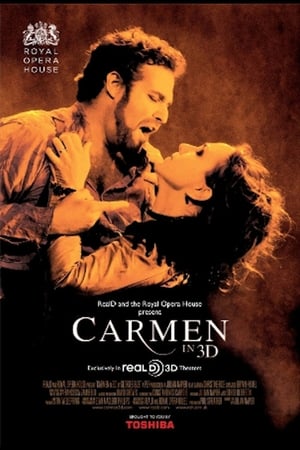 0.0
0.0Carmen in 3D(en)
Passion, jealousy and betrayal take center stage at Londons Royal Opera House in a spectacular production of the worlds most popular opera. Bizets Carmen is packed with some of the best-loved and memorable music in all of opera. In this characteristically vivid and vibrant stage production by Francesca Zambello, beautifully filmed in 3D by Julian Napier, Seville is brought to life with ranks of soldiers, crowds of peasants, gypsies and bullfighters as well as a magnificent horse, a donkey and even some chickens! This spectacular RealD and Royal Opera House production features a supremely talented cast, gripping drama and Bizets energetic and passionate score. It is truly a musical event to remember!
 7.5
7.5John Adams: Nixon in China(en)
John Adams’s groundbreaking work vividly brings to life US President Nixon’s 1972 visit to the People’s Republic of China. Peter Sellars’s Metropolitan Opera production, based on his 1987 world-premiere staging, features choreography by Mark Morris and stars James Maddalena as Nixon, Robert Brubaker as Chairman Mao, Janis Kelly as First Lady Pat Nixon, Russell Braun as Chinese Premier Chou En-lai, and Kathleen Kim as Chiang Ch’ing, Mao’s wife. From the pomp of the public displays to the intimacy of the protagonists most private moments, Adams, Sellars and librettist Alice Goodman reveal the real characters behind the headlines in this landmark American opera.
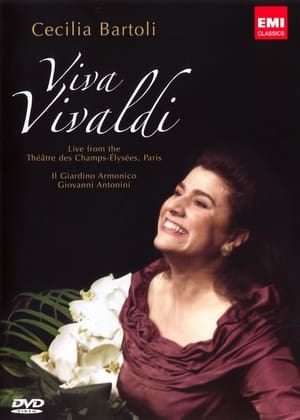 10.0
10.0Viva Vivaldi(it)
Viva Vivaldi! is a concert by the Italian mezzo-soprano Cecilia Bartoli interspersing arias from the 20 surviving operas of Vivaldi with two concertos. Given with the early music ensemble Il Giardino Armonico before a very appreciative audience in the Théâtre des Champs-Élysées, the performance is part of Bartoli's exploration of the Venetian composer's opera music which also includes The Vivaldi Album. There is a startling dynamic energy, which contrasts powerfully with the more restrained interpretations by singers such as Emma Kirkby. Bartoli's natural Italian and the live atmosphere of Maria Grazia d'Alessio's oboe gives her interpretation of the quietly haunting and melodically rich "Non ti Lusinghi la Crudeltade" from Tito Manlio a particular piquancy. The Flautino Concerto is a most attractive interlude, while the more famous Lute/Violin Concerto beguiles with its exquisite lyricism.
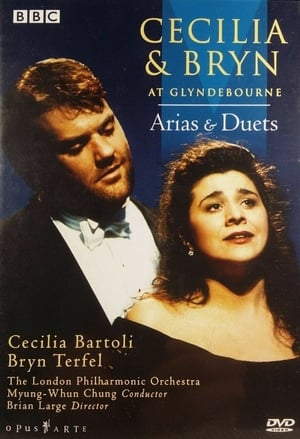 0.0
0.0Cecilia & Bryn at Glyndebourne(en)
The celebrated mezzo-soprano Cecilia Bartoli joins Bryn Terfel for a recital of arias and duets recorded at Glyndebourne Opera House in 1999. The programme features favourite pieces from Mozart, Rossini and Donizetti, with the London Philharmonic Orchestra conducted by Myung-Whun Chung.
